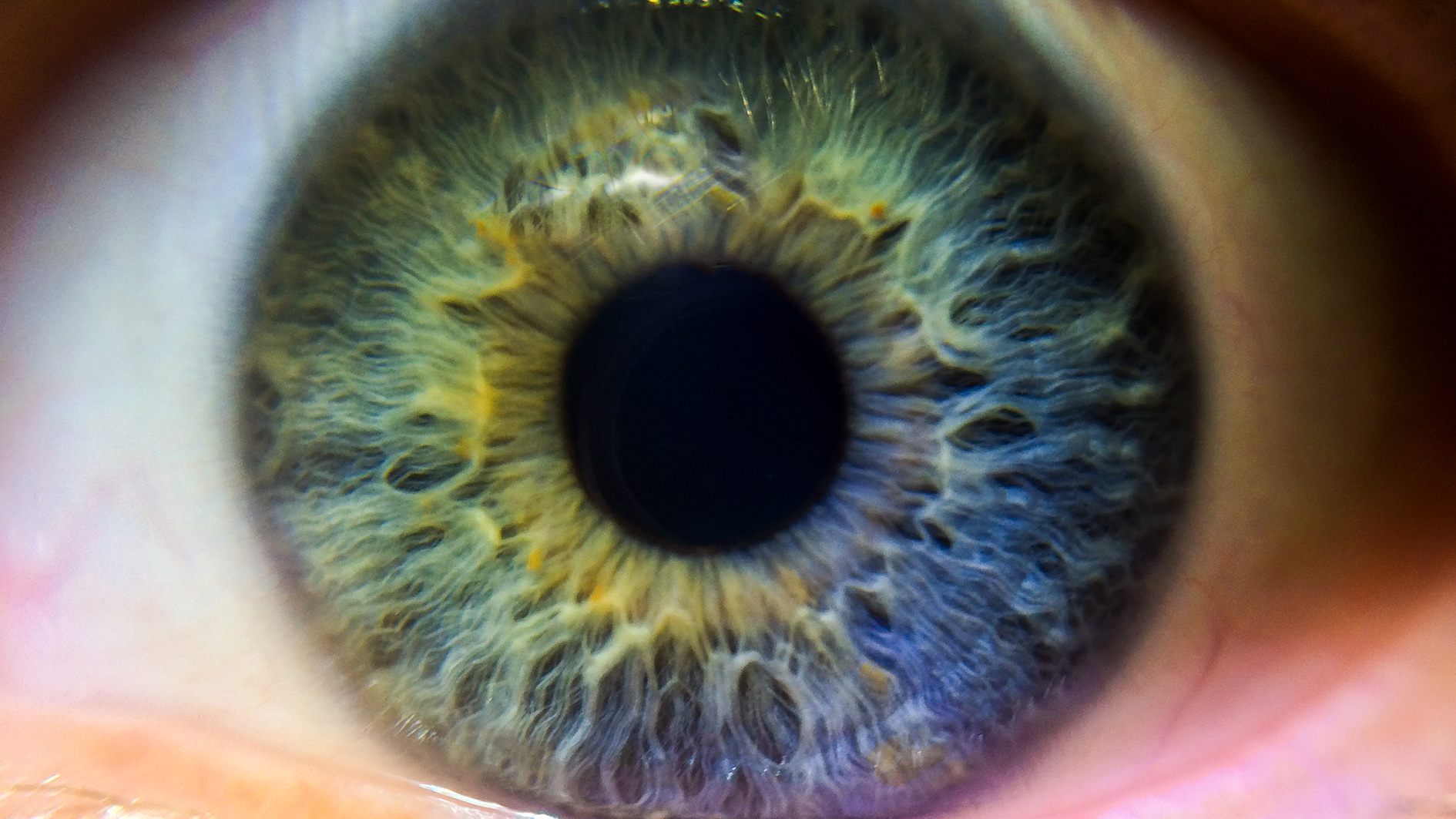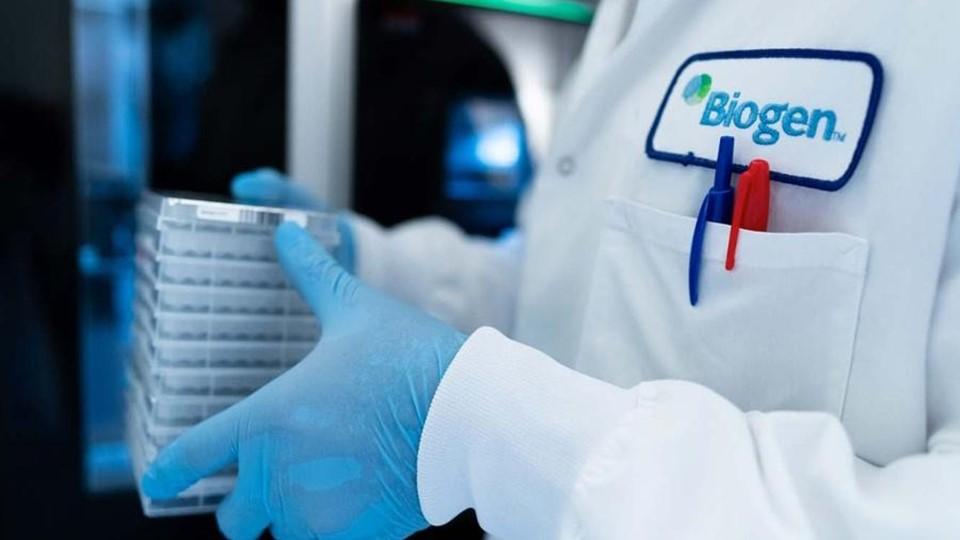Biogen's ambitions in gene therapy hit by another failed pivotal trial

When Biogen acquired Nightstar Therapeutics in 2019, it added a pair inherited retinal disorder (IRD) gene therapies that it hoped would accelerate a push into the fast-evolving category.
Just over two years later, both of those candidates have failed late-stage clinical trials, leaving Biogen's $800 million investment in Nightstar looking like a poor deal.
The latest to fail is timrepigene emparvovec, Nightstar's lead IRD gene therapy candidate, which was unable to meet its primary or secondary treatment objectives in the phase 3 STAR study of patients with choroideraemia, a rare degenerative X-linked inherited retinal disorder that leads to blindness and has no approved treatments.
The disappointing result comes just a few weeks after its X-linked retinitis pigmentosa (XLRP) candidate cotoretigene toliparvovec missed the mark in the phase 2/3 XIRIUS study.
In STAR, the gene therapy was unable to achieve a significant improvement over baseline in the proportion of patients who had a 15 letter or better improvement in best corrected visual acuity (BCVA) as measured by an eye chart, its main endpoint.
Biogen's short announcement of the results also indicated that timrepigene emparvovec also fluffed the secondary endpoints in the trial, which included the change in BCVA from baseline a 10 letter or more improvement on the chart, and the percentage of patients with no decrease in eyesight over 12 months of follow-up.
As with its announcement of the XLRP data, Biogen said it was waiting to evaluate the data from the trial fully before deciding on its future, but it seems likely that with a comprehensive failure across the board it will be discontinued.
The company said it had seen positive trends on secondary measures in the XLRP study, but analysts have said that missing the main objective makes the programme look shaky given several other gene therapies for the disease are progressing through trials.
Those include an Applied Genetic Technologies candidate which recently reported positive results in a phase 1/2 trial, MeiraGTx therapy – partnered with Johnson & Johnson – with phase 1/2 data in hand and phase 3 in preparation, and 4D Molecular Therapeutics therapy with a phase 1/2 readout due in the second half of this year.
Biogen has made no secret of its aspirations in gene therapy, setting up a dedicated business unit for the category in 2014 and following that with a $1 billion alliance with Applied Genetic Technologies in 2015 – terminated three years later.
Since buying Nightstar, it has also entered into a pair of platform technology deal with Capsigen and Ginkgo Bioworks, focused on engineering improved viral vectors for gene delivery.
At the very least, the latest setback will divert attention briefly from the furore surrounding the FDA's controversial approval of Biogen's Alzheimer's disease therapy Aduhelm (aducanumab) and the company's decision to launch it with premium pricing despite limited efficacy data.













